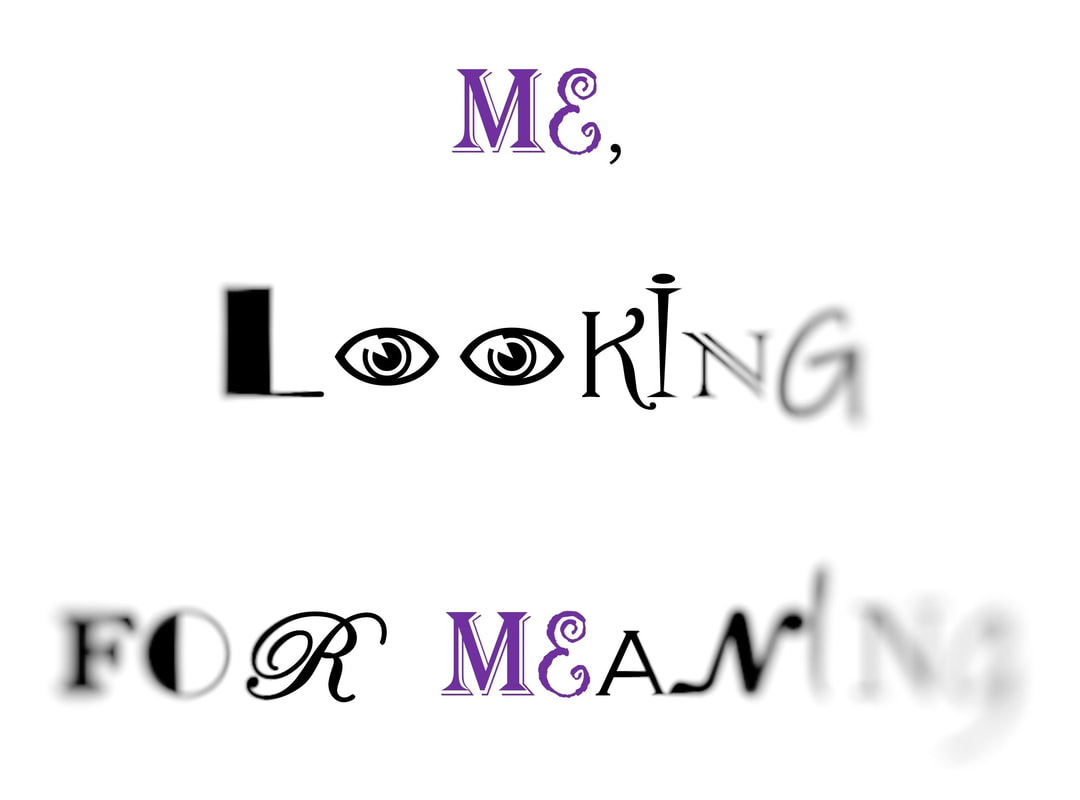Society vs. Individual
PAGE IN PROGRESS
What you see here is a page of my hypertext book Me, Looking for Meaning. Initially empty, it will slowly be filled with thoughts, notes, and quotes. One day, I will use them to write a coherent entry, similar to these completed pages. See this post to better understand my creative process. Thank you for your interest and patience!
What you see here is a page of my hypertext book Me, Looking for Meaning. Initially empty, it will slowly be filled with thoughts, notes, and quotes. One day, I will use them to write a coherent entry, similar to these completed pages. See this post to better understand my creative process. Thank you for your interest and patience!
Individual vs society, we are grain of sand but…
“See yourself as a grain of sand,” suggests Chögyam Trungpa, the Tibetan crazy-wisdom guru, “see yourself as the smallest of the small. Then you can make room for the whole world.”...
"Thoreau discovered the intimate connection between the individual and the field—between the particular and the universal, between the small and the large. This was a central principle of the Transcendentalists. But Thoreau had not fully grasped it until now. It was an insight that would emerge directly from his newfound faith in authenticity. Thoreau now wrote excitedly in his journal, “The whole is in each man.”" [from The Great Work of Your Life]
paradox: society needs individuals but does not care about individuals. The most important thing: survival of the species
“Mini” forms of society: empires (see Harari, chapter 11), corporations
confusion: people who run empires and corporations have lots of micropower but they don’t have macropower (nobody does)
society doesn’t care about individual- it’s goal is survival of the species
individual repays this indifference; individual does not really understand society as a whole (and usually does not care about society as a whole)
individualism - trying to change society’s priorities
human rights, equality, etc.
individualism backfires as capitalism (see Weber, Protestantism and the spirit of capitalism - work hard to see if you are blessed by god, if you succeed, good approves your work), consumerism that has impact on the environment, identity politics —> polarization
in this sense, it’s a paradox, irony to fight for individualism abd against capitalism
Society : made up order us essential for its existence, it’s based on meanings that are artificial but perceived as natural and absolute (which is necessary for the protection of this order)
it’s easier to notice the flaws of this order for outsiders (they are less invested in preserving the order of community that us big their own); that’s why it’s easier for immigrants to criticize the culture they become a part of
“See yourself as a grain of sand,” suggests Chögyam Trungpa, the Tibetan crazy-wisdom guru, “see yourself as the smallest of the small. Then you can make room for the whole world.”...
"Thoreau discovered the intimate connection between the individual and the field—between the particular and the universal, between the small and the large. This was a central principle of the Transcendentalists. But Thoreau had not fully grasped it until now. It was an insight that would emerge directly from his newfound faith in authenticity. Thoreau now wrote excitedly in his journal, “The whole is in each man.”" [from The Great Work of Your Life]
paradox: society needs individuals but does not care about individuals. The most important thing: survival of the species
“Mini” forms of society: empires (see Harari, chapter 11), corporations
confusion: people who run empires and corporations have lots of micropower but they don’t have macropower (nobody does)
society doesn’t care about individual- it’s goal is survival of the species
individual repays this indifference; individual does not really understand society as a whole (and usually does not care about society as a whole)
individualism - trying to change society’s priorities
human rights, equality, etc.
individualism backfires as capitalism (see Weber, Protestantism and the spirit of capitalism - work hard to see if you are blessed by god, if you succeed, good approves your work), consumerism that has impact on the environment, identity politics —> polarization
in this sense, it’s a paradox, irony to fight for individualism abd against capitalism
Society : made up order us essential for its existence, it’s based on meanings that are artificial but perceived as natural and absolute (which is necessary for the protection of this order)
it’s easier to notice the flaws of this order for outsiders (they are less invested in preserving the order of community that us big their own); that’s why it’s easier for immigrants to criticize the culture they become a part of
